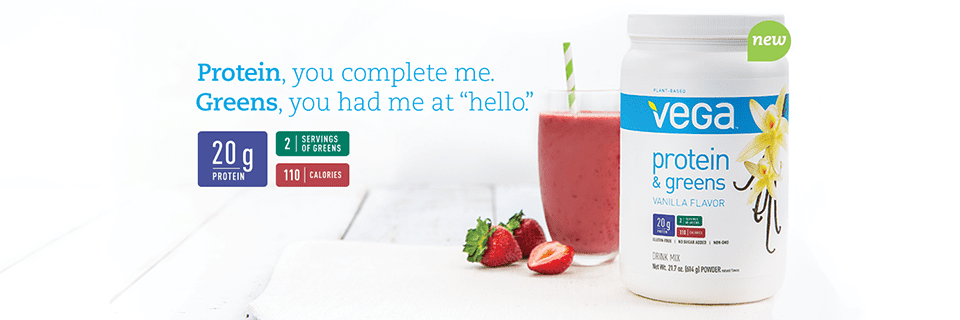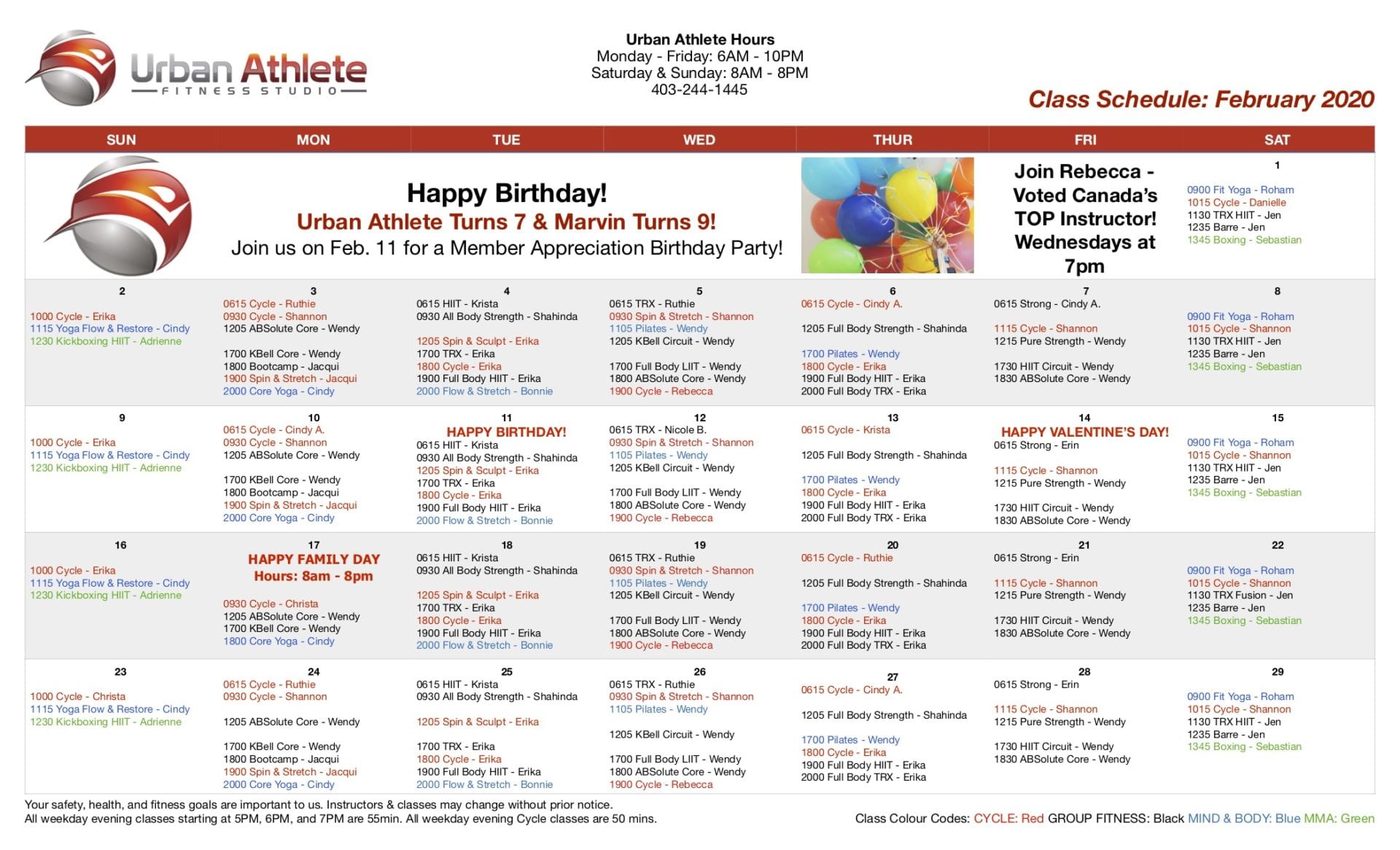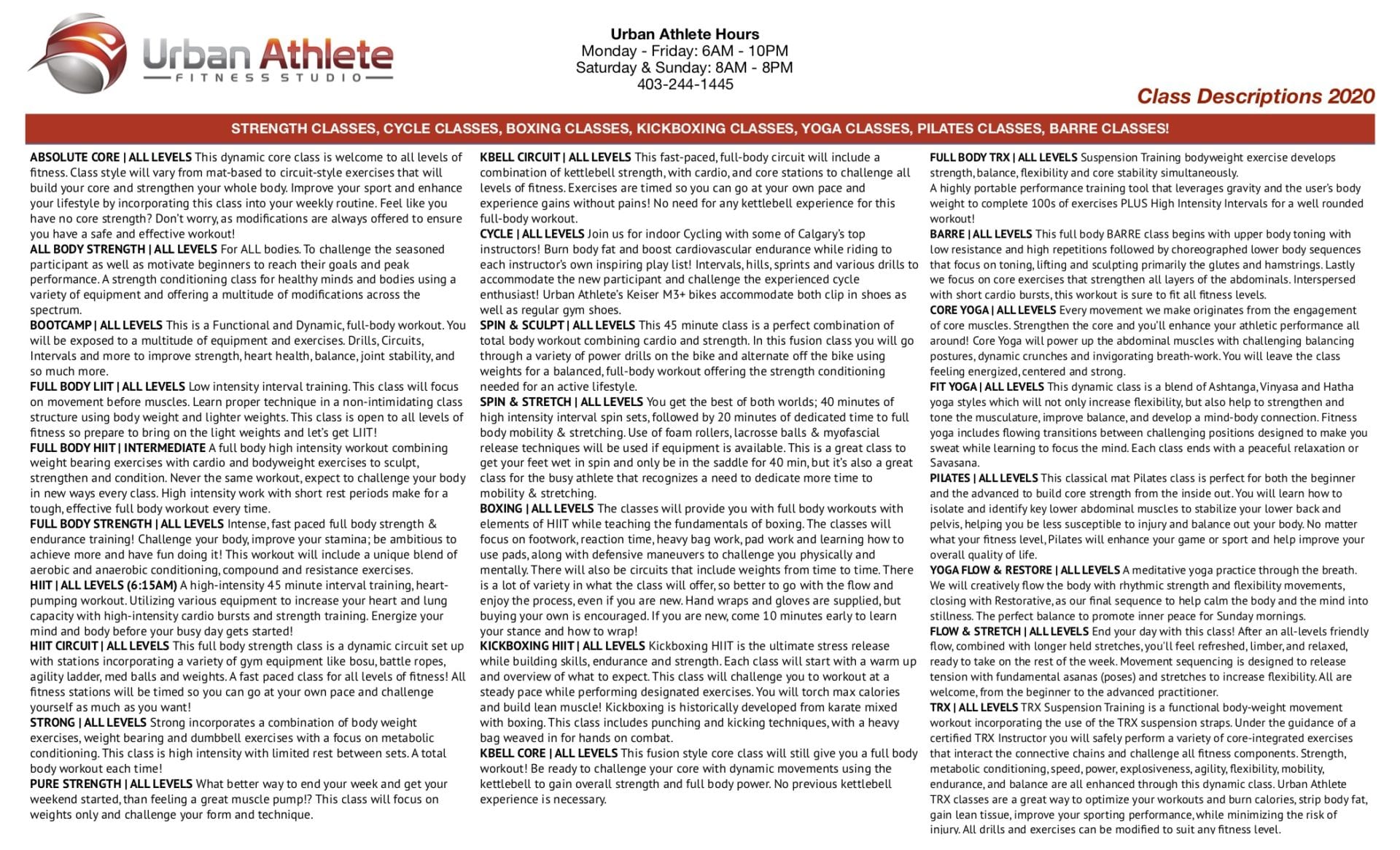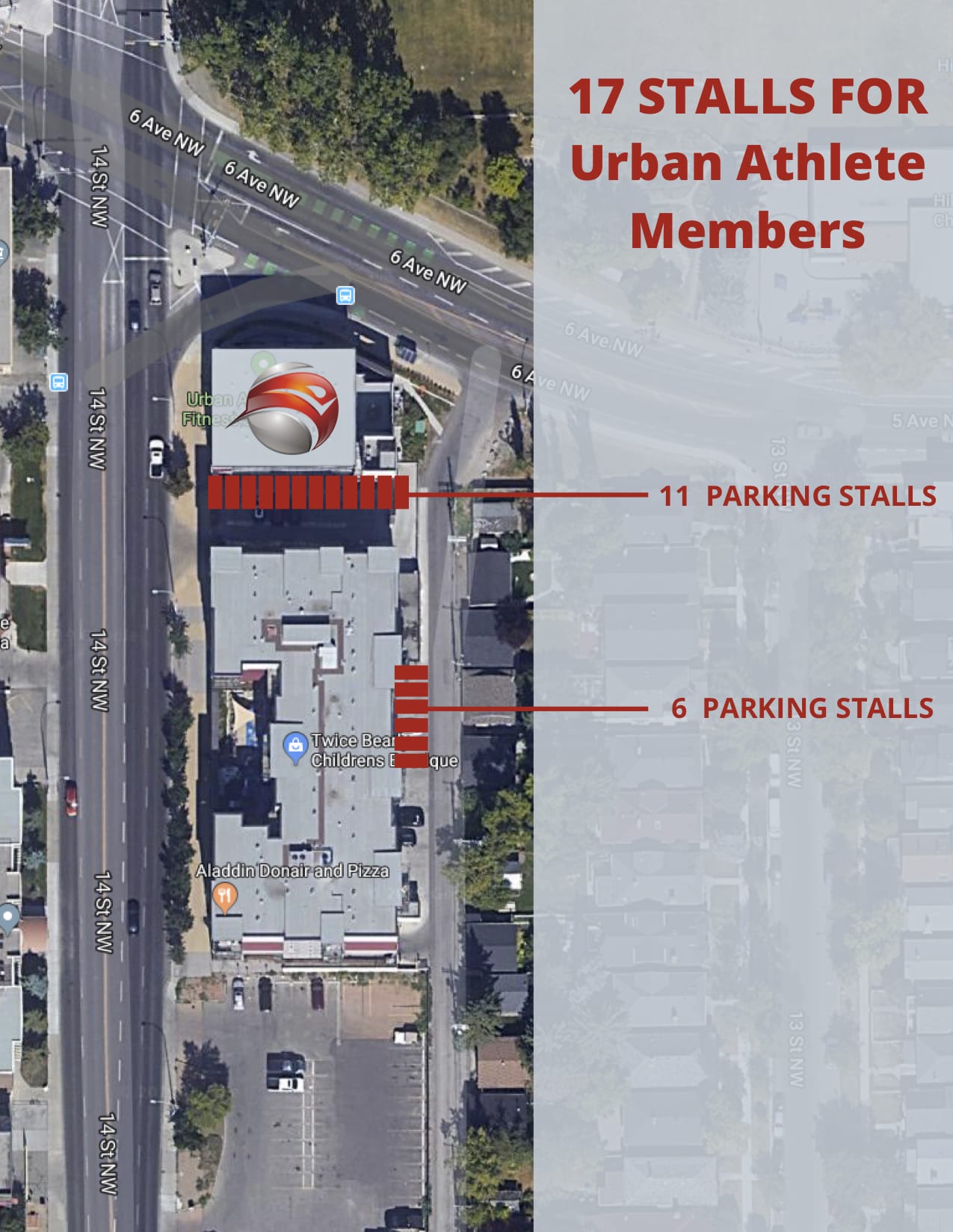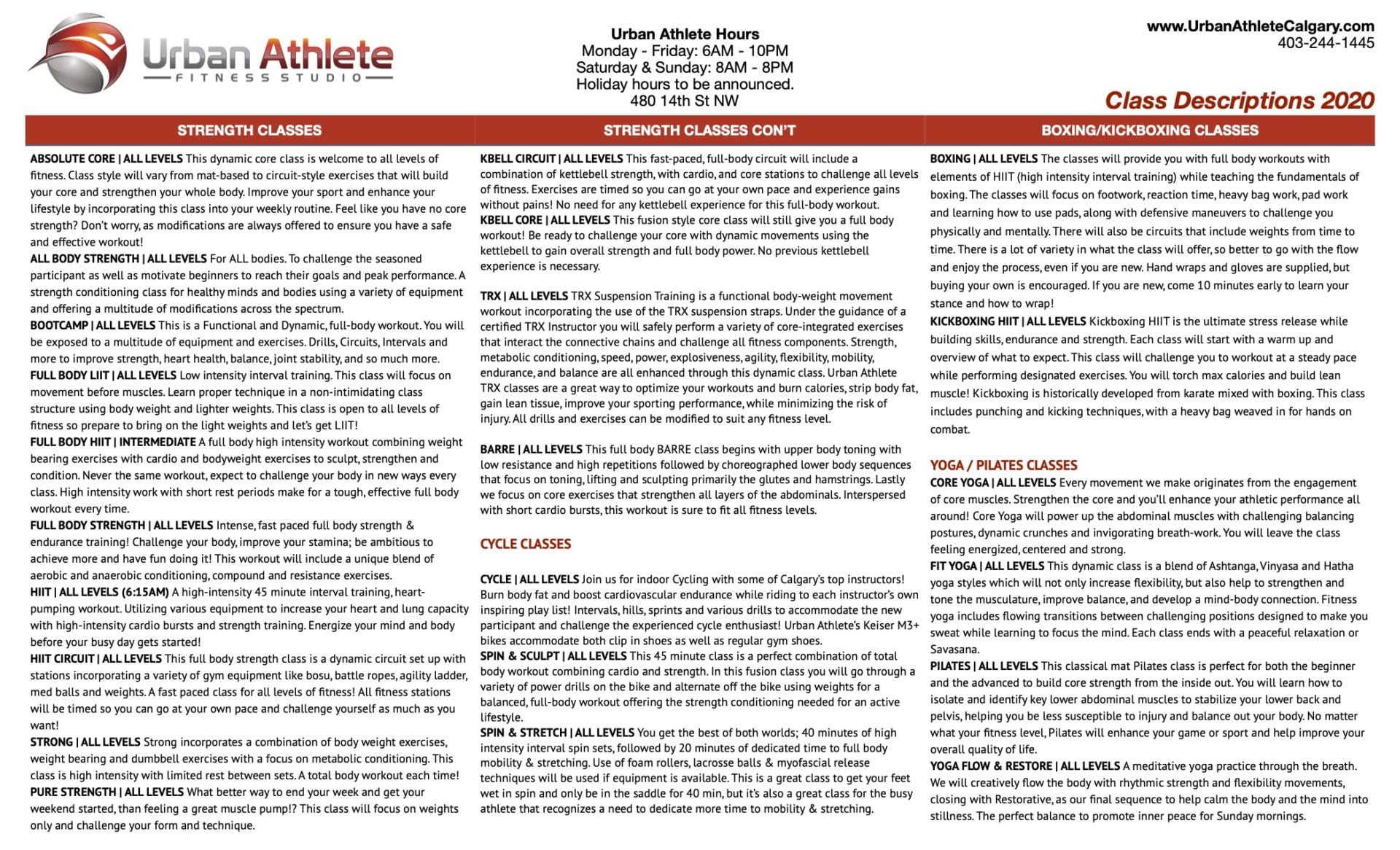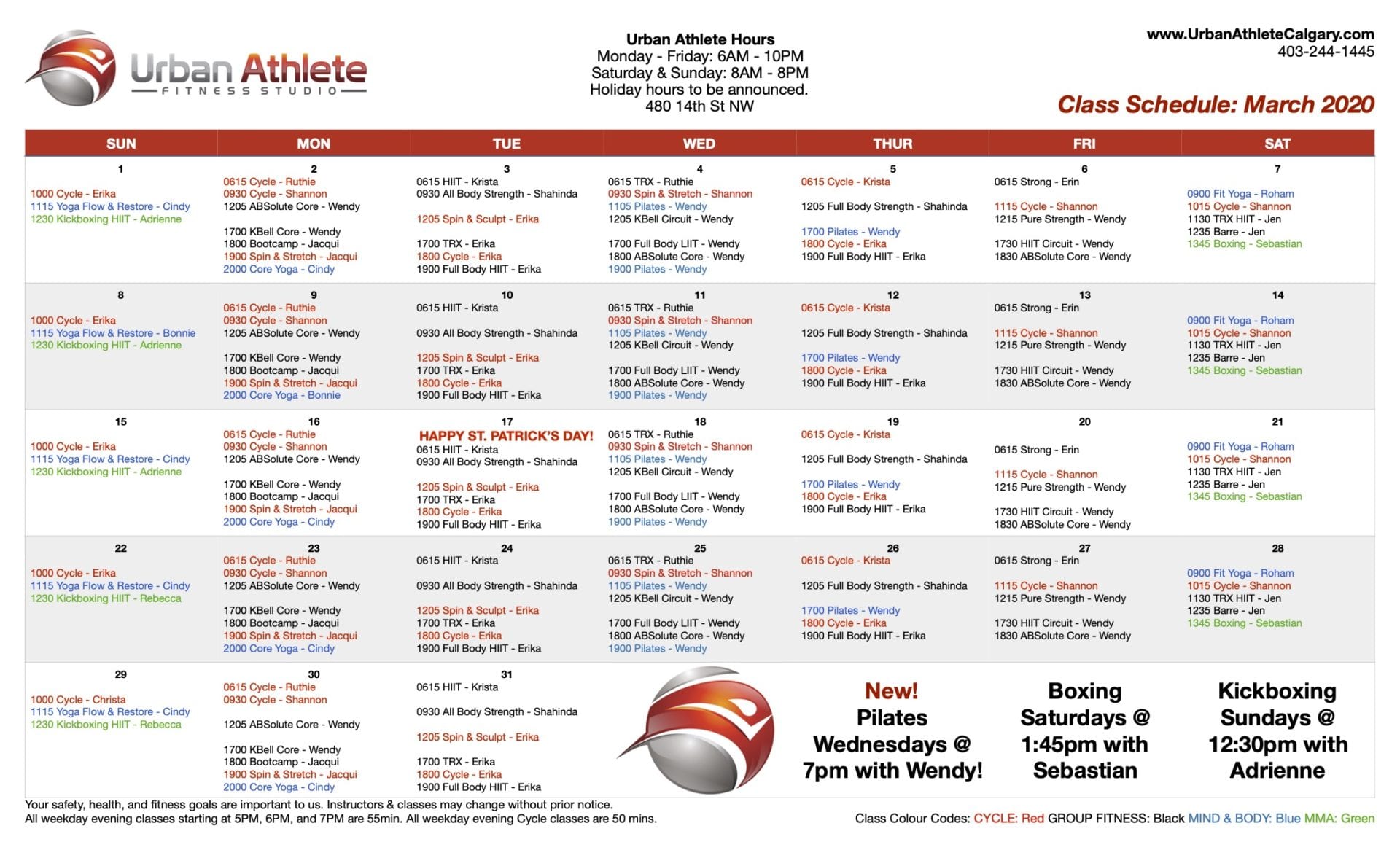Why the rules change after great workout…
If you’re reading this, you are probably already well aware of the important role nutrition plays in a healthy lifestyle. Whole food choices like lean, high quality protein, low GI / complex carb selections, quality fats (monounsaturated and polyunsaturated fatty acids like olive oil and EFA’s) and of course lots of green, fibrous vegetables.
But did you know that post workout, these ‘healthy’ food selections can leave your muscles ‘starved’ and your tummy churning?
First off, let’s quickly revisit some human biology. The sympathetic / parasympathetic nervous system to be exact. Basically these are your (ANS) Autonomic Nervous System’s gas pedal and brake pedal. The sympathetic nervous system is dedicated to our ‘fight or flight’ response whereas the parasympathetic is dedicated the ‘rest and digest’ response. Though these 2 nervous systems are complimentary, they function in opposition to one another. Moreover, you can’t effectively ‘fight’ when in a parasympathetic response and you can’t effectively ‘digest’ when in a sympathetic one.
In response to stress, activity (such as an intense workout) the body directs the ANS into a sympathetic state. The result is a hormonal cascade that includes the release of adrenaline and cortisol into the body. Nervous system priority is given to the muscles, eyes, lungs, blood vessels (to name a few) and parasympathetic roles such as digestion are inhibited.
The sympathetic response is one that makes you stronger, faster and more alert – exactly what you want in the gym. However it does so at the expense of digestion.
Once the fight or flight response is no longer needed (another great workout completed!) the body attempts to restore balance between the 2 systems. However this can take a while. Forcing complex carbohydrates, fibrous vegetables and dense proteins into the digestive tract right after an intense workout is both counterproductive and irritating to the digestive tract. While in or returning from a sympathetic state, the digestive tract simply does not have the ability to breakdown and digest whole, dense foods.
The end result? Starving muscles and a full, possibly irritated digestive tract.
So what should we eat post workout? Within the 30 minutes to 1 hour post workout window, simpler, easier to digest (ideally liquid) protein and carbohydrate sources tend to work best. Protein selections such as a high quality whey protein powder or even plant based protein powders are ideal given their easily absorbable state. Carbohydrate selections that are more ‘simple’ such as fruit juices and well blended lower fiber fruits (such as a banana) are excellent options.
Serving size and ratios depend on your body size and fitness goals. If you are training for overall fitness and perhaps some muscle gain, a 1:1 ratio of protein to carbohydrates should work well. If your goals include fat loss, a 2:1 ratio of protein to carbohydrates is probably better. Protein serving size should be somewhere in the 20 – 35 gram range for most people depending on body size and stature.
Here’s a couple examples:
A 180lb male looking to maintain an existing body fat level and add a bit of lean muscle would probably do well in the 30 to 35g (of protein) range at a 1:1 ratio. For example:
30 – 35g of whey protein isolate powder and 30- 35g of pineapple juice.
A 150 lb female looking to reduce body fat levels by 15lbs should do well with a 2:1 ratio in the 20 – 25g (of protein) range. For example:
20 – 25g of say Vega protein powder or a whey isolate and 10 – 15g of apple juice.
Keep in mind that following a strenuous workout the body DOES need to repair broken down tissue and replenish depleted energy reserves. Muscles are like a sponge post workout so use this opportunity to fill your muscles energy reserves for the next workout.
By the 1.5 to 2 hour mark the ANS should be back in balance enough for the digestive tract to handle a whole food meal. Now’s the time for that chicken breast, wild rice and mixed greens with a small amount of extra virgin olive oil based dressing!
Ensuring your post workout meals are in a simple, easy to digest form will ensure your body gets the post workout nutrition it needs while also giving the digestive tract an opportunity to restore digestive function.

